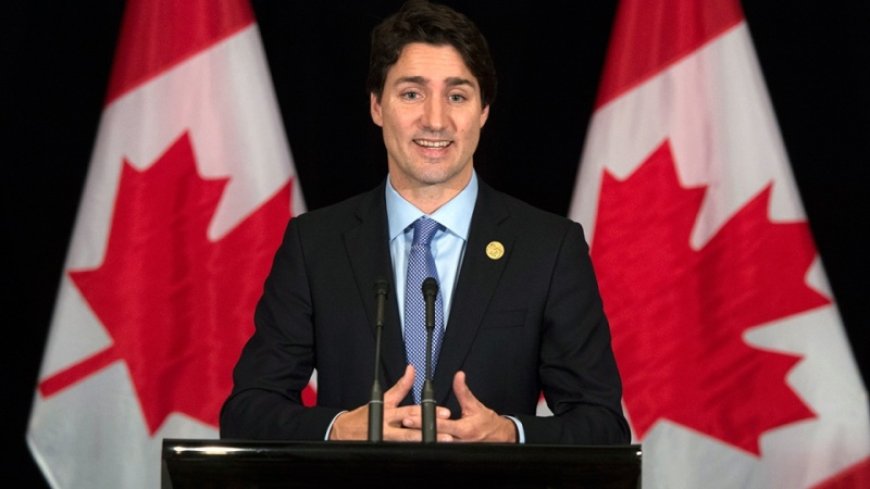Increasingly deteriorating diplomatic relations between India and Canada
Increasingly deteriorating diplomatic relations between India and Canada

India's act of expelling a Canadian diplomat shows that New Delhi does not agree with Ottawa's accusations that India was involved in the killing of a Sikh leader who wants to separate in the country. The Canadian government still insists that India was involved in the killing of one of the separatist leaders in the province of Punjab on the country's soil, and as a sign of protest, it has taken action to expel an Indian diplomat. New Delhi has retaliated against Ottawa's move by expelling its diplomat. "Tsu Su Yuzheng", a specialist in international affairs, says that: Canada, like other countries in Europe and the United States, has welcomed the Sikh Taliban separatist group in India which wants to create a country called Khalstan in the geographical area of India.
Canada is using the tension and conflict between the two parties as a stick to pressure New Delhi. At the same time, India is aware that the structure of Canada is under the British Empire, and Ottawa is implementing the policies and politics of the whole system of that empire. Justin Trudeau The politics are monitored very closely by the Canadian government and Justin Trudeau, the Prime Minister has an important position in that field. The strong accusations of the Prime Minister of Canada against India regarding the killing of a prominent Sikh leader in the province of Punjab show the importance for Canada of the existence of a group of separatists in India in that country. Therefore, India's radical radicalism shows that the government of New Delhi will not allow to be played with the tension and regional conflict and the national unity of India with the western powers.
On the one hand, the Government of India accuses Canadian diplomats of interfering in India's internal affairs, and the action of the Indian Ministry of Foreign Affairs to expel Canada's top diplomat shows India's deep concern about the impact of anti-Indian politics. Ottawa related to the country's internal issues. Deepa MC Singh, a political expert, says: "India, having many different religions, races and languages, is considered to be united and a great national unity. But the western countries use the issue of supporting separatist groups, and welcoming opposition groups such as the Sikhs as political pressure on the Indian government. Considering Britain's history in ruling India, it is clear that the London government is behind the tension between India and Canada. Hardeep Singh Nijjar In any case , India, while rejecting Canadian accusations about the murder of Hardeep Singh Nijjar, one of the Sikh separatist leaders in the Punjab state, has declared him a terrorist.
Therefore, the Indian government has asked Canada to eliminate them and take action against terrorist groups that spread violence in India instead of encouraging them It seems that the Canadian government has preferred to give empire to the Sikh separatist groups instead of strengthening its cooperation with New Delhi. It is worth noting that Britain, as a veteran colonizer of the country, left behind border disputes in the geographical area of the Indian Continent, such as between India and Pakistan, and Pakistan and Afghanistan. The crisis of secession of the Sikh group and the politics of the creation of the Khalstan state is one of London's general policies of wanting to expand or weaken the New Delhi government.













































